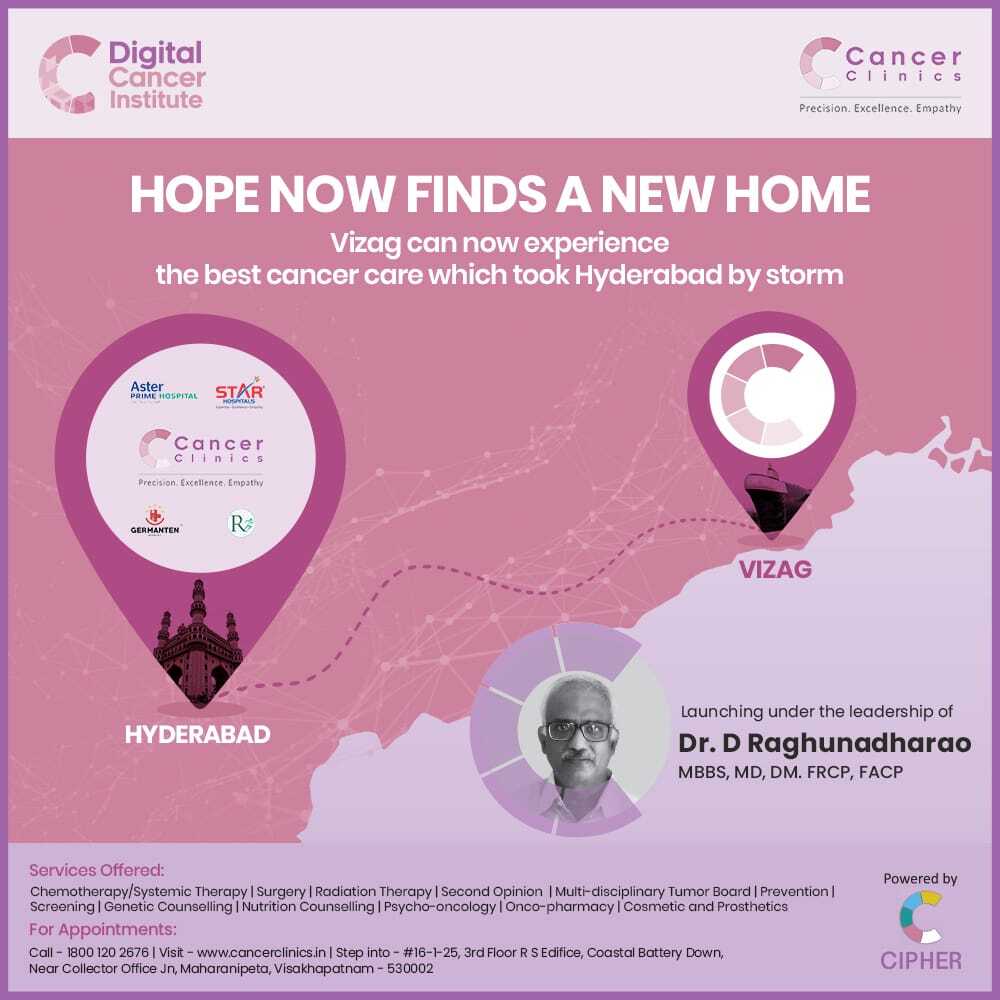The liver is the body's largest organ. It performs various vital tasks in the body, including waste elimination, vitamin absorption, and wound healing. The liver is located in the upper right area of the abdomen, just below the ribs. It produces bile, a chemical that aids in the digestion of fats, vitamins, and other nutrients. Additionally, the liver stores nutrients such as glucose to keep us nourished during periods if we're not eating. It also breaks down drugs and toxins.
When liver cancer develops, it damages liver cells and impairs the liver's capacity to function normally.
Causes
Liver cancer develops when the DNA of liver cells undergoes alterations (mutations). As a consequence, cells may begin to multiply uncontrollably and ultimately form a tumor - a collection of malignant cells. Occasionally, such as with chronic hepatitis infections, the cause of liver cancer is known. However, liver cancer may occur in persons who have no underlying illness, and the cause remains unknown.
However, the following risk factors contribute to liver cancer:
- HBV or HCV infection: Chronic infection with the hepatitis B or C viruses (HBV or HCV) increases the risk of developing liver cancer.
- Cirrhosis: Cirrhosis is a progressive and irreversible disorder that results in the formation of scar tissue in the liver and increases the risk of developing liver cancer.
- Diabetes: Diabetic people are at an increased risk of developing liver cancer than non-diabetics.
- Nonalcoholic fatty liver disease: Increased fat buildup in the liver increases the chance of developing liver cancer.
- Aflatoxin exposure: Aflatoxins are poisons created by molds on crops that are stored improperly. Aflatoxin-contaminated crops, such as grains and nuts, might end up in foods manufactured from these items.
- Excessive alcohol consumption: Consuming more than the permissible quantity of alcohol per day for an extended period of time might cause irreparable liver damage and increase your chance of developing liver cancer.
Symptoms
In the early stages of liver cancer, the majority of patients exhibit no signs or symptoms. When signs and symptoms appear, they may include the following:
- Unexplained weight loss
- Loss of appetite
- Upper abdominal pain
- Nausea and vomiting
- General weakness and fatigue
- Abdomen swelling
- Yellow discolouration of the skin and the whites of eyes (Jaundice)
- White, chalky stools
Treatment for liver cancer
There are numerous treatment options for liver cancer. When prescribing a treatment plan, the doctor will take several factors into account. These include the following:
- The number, size, and location of tumors in your liver
- How efficiently your liver is functioning
- Whether cirrhosis is present
- Whether the cancer has spread to other organs.
Partial Hepatectomy
A partial hepatectomy is a procedure that involves the removal of a portion of the liver. This procedure is mainly intended for patients with early-stage liver cancer. The remaining healthy tissue will recover and eventually replace the lost portion.
Liver transplant
A liver transplant is a surgical procedure in which the complete liver is replaced with a healthy liver from a compatible donor. If the cancer has not progressed to other organs, a transplant may be considered.
Ablation
Ablation is a technique that utilizes heat, cooling, or ethanol injections to kill cancer cells. Typically, it is conducted under local anesthesia. The most common types of tumor ablation treatments use radio waves and microwaves to heat and destroy cancer cells. Ablation can benefit individuals who are not suitable for neither surgical nor transplant candidates.
Radiation therapy
Radiation therapy uses beams of high-energy radiation to kill cancer cells. It can be delivered by external beam radiation or internal radiation.
Targeted therapy
Targeted therapy uses medications that inhibit tumor growth.
Chemotherapy
Chemotherapy is a very useful technique of chemical treatment that is used to eradicate cancer cells. Typically, medications are injected intravenously or into a vein. Chemotherapy medications may be used to eradicate, shrink, or limit the development of tumors, depending on the kind of liver cancer.
Immunotherapy
Immunotherapy is a kind of cancer treatment that utilizes the body's own immune system. Immunotherapy medications may assist the body in recognising and eliminating cancer cells.
Biological treatment
A range of treatments that target cancer cells by either inhibiting their development or function, or by assisting the body's immune system in destroying them. It may be used in combination with or after other cancer therapies.
Endoscopic stent placement
If the cancer has obstructed the bile duct and bile has accumulated in the liver, a stent (thin tube) may be inserted in the liver to drain the bile and alleviate symptoms.
Cancer Clinics provides its doctors with cutting-edge technology and specialized techniques to enhance patient care. Our team of oncologists, hepatologists, surgeons, radiologists, pathologists, radiation oncologists, and transplant specialists collaborate to establish a multidisciplinary team that provides complete treatment for patients with liver cancer. Doctors at the Cancer Clinics will work with you to explore all of your treatment choices and choose the one that is most appropriate for your requirements and objectives.
